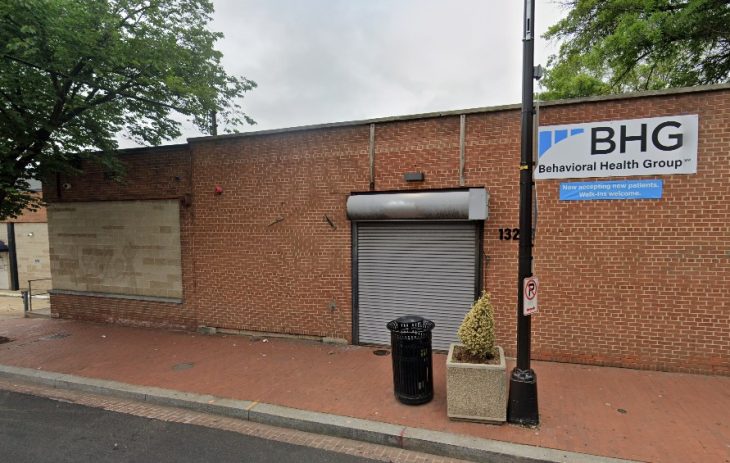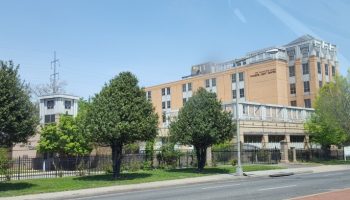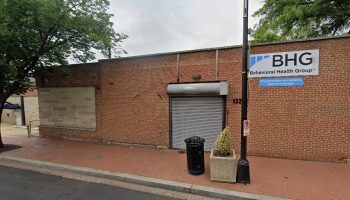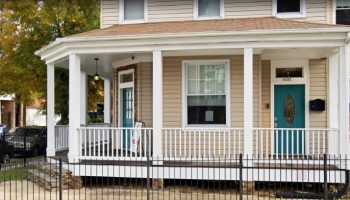About Behavioral Health Group BHG
The Behavioral Health Group (BHG) provides substance abuse treatment in Washington, DC. It’s not too far from the Frederick Douglass National Historic Site. Guests have a team of local medical professionals working together to provide a comprehensive treatment plan for their recovery.
Flexible Treatment in the Nation’s Capital
BHG provides outpatient services that allow flexibility so guests can continue working or attending school while getting treatment. They also welcome walk-in clients, so you aren’t waiting for the help you need. The goal is to allow you to remain a productive community member even during treatment.
Medication assisted treatment (MAT) is available using FDA-approved medicines, like Suboxone or methadone. These medications reduce cravings and lessen withdrawal symptoms.
Addressing the Underlying Causes
Along with medications for comfort, they include counseling for co-occurring conditions that frequently accompany addiction, like anxiety and depression. Their counselors work with you to find the root causes of your addiction so you can move past them and look forward to a life of sobriety. You’ll also receive coping skills and techniques to avoid relapse and substance use triggers.
They work with many medical insurance plans, including Optum, Humana, and Aetna. They also accept Medicare, Medicaid, and Medicare Advantage plans and have self-pay options.
Levels of Care
-
Outpatient
In outpatient therapy, you’ll attend therapy sessions several times each week while living at home. This is ideal if you have a strong support system and a lower risk of relapse. Outpatient treatment offers flexibility to maintain work, school or family obligations.
-
Dual Diagnosis
Dual diagnosis programs address substance use disorders and co-occurring mental health conditions simultaneously. This integrated approach to care improves the likelihood of long term recovery and stability by addressing the root causes of addiction.
Detox Service Setting
-
Outpatient Detox
Outpatient detox gives you access to medically supervised withdrawal services while still allowing you to live at home. You’ll attend a clinic for treatment and monitoring. This flexible option is suitable for those with mild to moderate withdrawal symptoms who have strong support systems.
Programs
-
Adult (18+)
Adult programs address the substance use and life challenges specific to adults. Therapists can deliver sessions in individual, group and family settings. Services often include job support and life skills training in a structured environment.
-
Alcohol Detox
Alcohol detox programs offer medical support to help individuals withdraw safely from alcohol. Your care team may use medications to ease your symptoms and provide medical monitoring to address complications.
-
Drug Detox
Drug detox programs support individuals who are withdrawing from addictive substances like cocaine and heroin. Medical support helps you manage symptoms in a controlled and safe environment so you can achieve initial sobriety.
-
LGBTQ Friendly
LGBTQ friendly programs create an inclusive and affirming space for recovery. Treatment is sensitive to issues like discrimination and stigma. You’ll receive support and therapy that respects and acknowledges your unique experiences.
-
Men
Men's programs address substance use while also considering the social pressures, family roles and mental health concerns that are specific to men. You’ll learn healthy coping mechanisms as you build emotional resilience and develop communication skills.
-
Opioid Detox
Opioid detox uses medications to ease severe withdrawal symptoms. It also includes medical supervision to help you manage potential complications. These services allow you to stabilize and begin a recovery plan.
-
Women
Women's programs offer a safe and supportive space to focus on gender specific issues such as trauma, family roles and mental health conditions. Therapists tailor the sessions to address women's needs and foster empowerment in a healing and nurturing environment.
-
Young Adult (18 - 25)
Young adult programs are designed for individuals who are transitioning into adulthood. Topics of discussion typically include identity, independence and peer relationships. Providers may also offer life skills training and career support.
Payment Options
- Medicaid
- Private Insurance
- Self Pay
Accreditations
-
 SAMHSA
SAMHSA
Contact
1320 Good Hope Road Southeast
Washington, DC 20020





